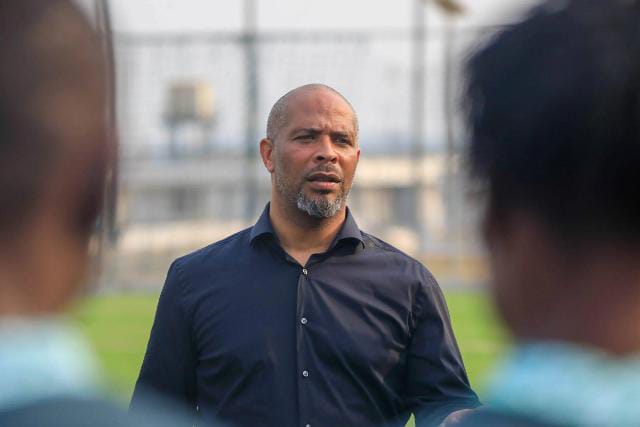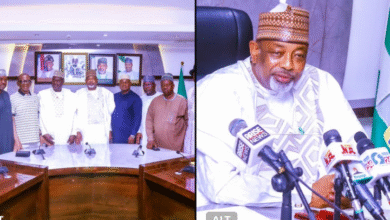Super Eagles vow to fight on despite costly Bafana stalemate

Ethiopia has officially inaugurated the Grand Ethiopian Renaissance Dam (GERD), the continent’s largest hydroelectric project, in a historic ceremony on Tuesday, September 9, 2025.
Prime Minister Abiy Ahmed hailed the $4 billion project as a “great achievement for all black people,” even as Egypt continues to warn it poses an “existential threat” to its water security.
Standing 170 metres high and stretching nearly two kilometres across the Blue Nile near Sudan, the GERD is designed to hold 74 billion cubic metres of water and generate 5,150 megawatts of electricity more than double Ethiopia’s current capacity.
This makes it Africa’s biggest hydro project, though still outside the world’s top 10.
Abiy, who has championed the project since taking office, declared: “GERD will be remembered as a great achievement not only for Ethiopia, but for all black people. It shows that we can achieve anything we plan.”
He invited Africans worldwide to visit the dam, calling it a symbol of resilience and progress.
The inauguration was attended by regional leaders, including Kenya’s President William Ruto and Somalia’s President Hassan Sheikh Mohamud.
For Ethiopia, the dam represents more than power. Analysts say it is a rare unifying project in a nation often divided by ethnic conflict and political instability.
Construction began in 2011 under Italian company Webuild, and the project endured financial struggles and the brutal 2020–2022 Tigray war.
“This country that was dark in the evenings when I first arrived is now selling power to neighbours,” Webuild CEO Pietro Salini said.
He stressed that the project would not harm downstream states.
“Hydroelectric dams release water to produce energy. They don’t consume water like irrigation schemes.”
About 45 percent of Ethiopia’s 130 million citizens lack electricity, according to World Bank data.
GERD promises to change this, boosting industrial output, supporting electric mobility, and exporting power across East Africa, with regional links stretching to Tanzania.
Egypt Sees “Existential Threat”
While Ethiopia celebrates, Egypt remains deeply concerned. With 110 million people and little rainfall, the country relies on the Nile for 97 percent of its water needs.
President Abdel Fattah al-Sisi has repeatedly described the dam as a direct threat to national security, warning: “Whoever thinks Egypt will turn a blind eye to its water rights is mistaken.”
Sudan has also voiced worries about reduced flows, while Egypt has strengthened ties with Eritrea and Somalia to counterbalance Ethiopia’s influence.
Years of mediation efforts by the U.S., World Bank, Russia, the UAE, and the African Union have all failed.
Analyst Mohamed Mohey el-Deen noted: “For Egypt, this is not just about water. It is about national security, stability, and survival.”
Despite the diplomatic fallout, experts say the dam has bolstered Ethiopia’s government domestically.
“With growing political fragility, Ethiopia’s leadership uses the GERD as a unifying strategy,” Alex Vines of the European Council on Foreign Relations explained.
As lanterns, lasers, and drone displays lit up the sky during the inauguration, Abiy declared the GERD no longer a dream but a defining fact for Ethiopia and Africa.
Post Views: 60





